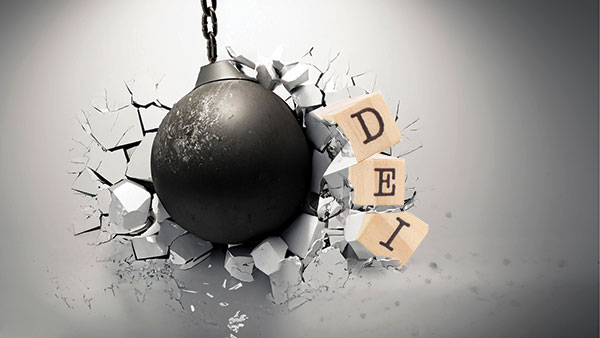
The Evolution of DEI: A Complex Path Forward
Diversity, Equity, and Inclusion (DEI) initiatives have taken center stage in many organizations, yet their effectiveness is often debated. This article delves into the shifting dynamics of DEI, exploring its evolution, the criticisms it faces, and the future of inclusivity in the workplace.
Understanding the Evolution of DEI
DEI has evolved from being a policy requirement to a strategic priority for many organizations. Initially focused on compliance, today’s DEI seeks to create a genuinely inclusive environment.
- Historical Context: Initially, DEI efforts emerged to meet legal compliance and affirmative action requirements.
- Expanded Focus: Modern DEI initiatives emphasize cultural awareness, belonging, and equitable practices.
Current Criticisms of DEI Initiatives
Despite its noble goals, DEI faces criticism for several reasons:
- Perceived Ineffectiveness: Critics argue that many DEI initiatives are performative and lack measurable impact.
- Resistance: There is often pushback from those who view DEI activities as forced or unnecessary.
The Future of DEI: What Lies Ahead?
The path forward for DEI is both challenging and promising:
- Innovative Approaches: Emerging strategies are aligning DEI with business outcomes to enhance acceptance and effectiveness.
- Continuous Adaptation: Companies must continuously evolve their DEI strategies to remain relevant and impactful.
Conclusão
The journey of DEI continues to evolve, reflecting society’s complex and changing dynamics. While criticisms persist, innovative approaches can strengthen DEI’s role in creating inclusive workplaces. The future of DEI depends on its ability to adapt and address concerns effectively, while fostering genuine inclusivity across all levels of an organization.






